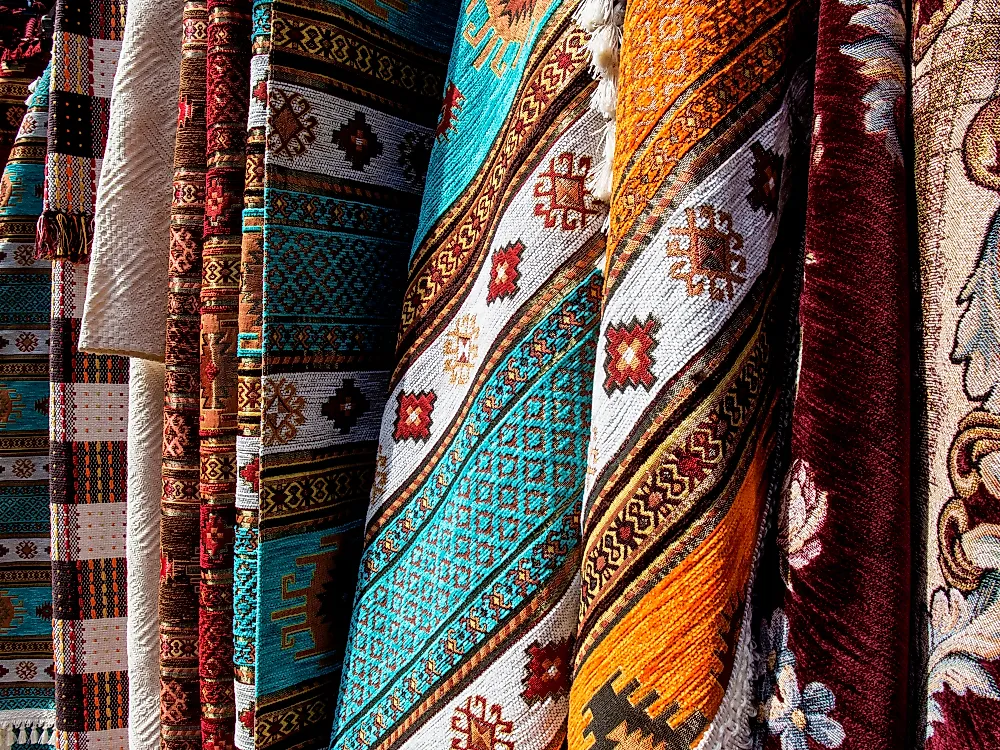The Culture Of Bosnia And Herzegovina

The Southeastern European nation of Bosnia and Herzegovina hosts a population of around 3,849,891 individuals. 50.1% of the population of the country is represented by the ethnic Bosniaks. Serbs and Croats are the largest ethnic minorities in the country. Bosnian, Serbian, and Croatian are the three official languages spoken in the country. Muslims account for 50.7% of the country’s population. Orthodox and Roman Catholic Christians account for 30.7% and 15.2% of the nation’s population, respectively.
5. Cuisine Of Bosnia And Herzegovina
Both Western and Eastern European influences can be seen in the cuisine of Bosnia and Herzegovina. The Ottoman and Mediterranean cuisines also significantly influence the country’s cuisine. Several different kinds of spices are used but in small quantities. Tomatoes, onions, peppers, cucumbers, carrots, mushrooms, spinach, milk, fresh beans, etc., are commonly used. Meat dishes consumed in the country include mutton, beef, and chicken. Some of the widely consumed dishes include pilaf (rice cooked in seasoned broth), goulash (meat stew seasoned with spices), ajvar (a pepper-based condiment), burek (baked filled pastries), etc.
4. Literature And The Arts In Bosnia And Herzegovina
The country has a rich literary heritage and has produced several internationally renowned writers and poets. Ivo Andrić is a Nobel prize winning writer from the country. He won the prize for the historical novel Bridge over the Drina. Epic stories set to music were passed orally through the generations of Bosnians. The country’s art scene has always been evolving over the centuries. It ranged from medieval tombstones to court paintings. During Communism, artists glorifying the regime were encouraged while the rest were suppressed. Today, the artists in the country receive little economic support from the government as years of war have greatly depleted the economic resources of the nation. Some of the well-known crafts from Bosnia and Herzegovina include carpet and wool rugs weaving, metalwork, silk embroidery, etc.
3. Performance Arts In Bosnia And Herzegovina
The country has a rich heritage of music and dance. Some of the traditional instruments include the saz and shargija (types of lute), diple (a droneless bagpipe), and gusle (a one-stringed instrument). Epic poems are performed to the tune of the gusle. Turkish-influenced music is more popular in urban areas while Slavic music influences music in rural areas. The country has a variety of folk dances like the nijemo kolo which is a circle dance performed to foot stamping. Popular dancing and rock 'n' roll dances are popular among the youth, primarily in the urban areas.
2. Sports In Bosnia And Herzegovina
Like many other European nations, football is the most favorite sport of the Bosnians. The game is played throughout the country. Another popular sport in the county is basketball. As an independent nation, Bosnia and Herzegovina first participated in the Olympics in 1992 in Barcelona, Spain. Besides these popular spectator sports, the country's massive natural parks and nature reserves also allow Bosnians to enjoy hiking, skiing, camping, and other outdoor activities.
1. Life In The Bosnian Society
Bosnia continues to have a patriarchal tradition where men are regarded as the breadwinners while most women are confined to the traditional role of maintaining the household and children. Only a small section of the Bosnian women work outside of their homes. Men usually hold higher ranks than women in every field of employment.
Marriages in Bosnia and Herzegovina are usually based on love matches. Ethnically mixed marriages were common in the past prior to the civil war, but are rare now. The practice of polygamy as sanctioned by Islam is not prevalent in the country. One of the customs of marriages in the country involves the bride’s parents gifting a specially woven rug to the couple. The rug carries the wedding date and the initials of the couple.
Domestic units in the country typically consist of three generations living in the same household. However, war and ethnic differences have torn apart the many families in the country. Inheritance has traditionally passed from the father to the eldest son but during the Communist era, inheritance by women was also made legal.
Today, the Bosnian society is on the path to recovery. Years of violent war has strewn apart many families in the country and caused great torment to its people. Poverty, unemployment, societal discrimination, etc., are some of the problems that plague society today. Education also suffered greatly during the war in the country. Many schools were forced to shut down.
The people of Bosnia was warm and friendly in nature. They are known to be very hospitable people. Kissing is a common form of greeting for both men and women. People love visiting the homes of friends and relatives and often carry a gift with them. Hosts are expected to offer them meals or refreshment.











